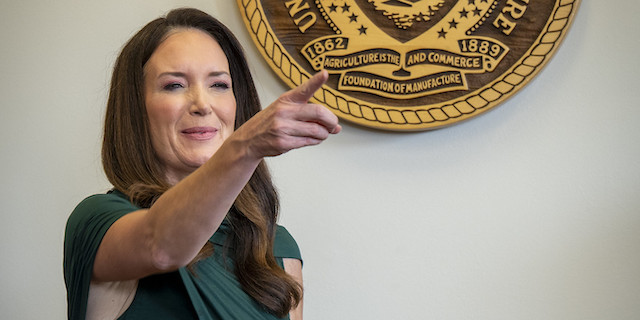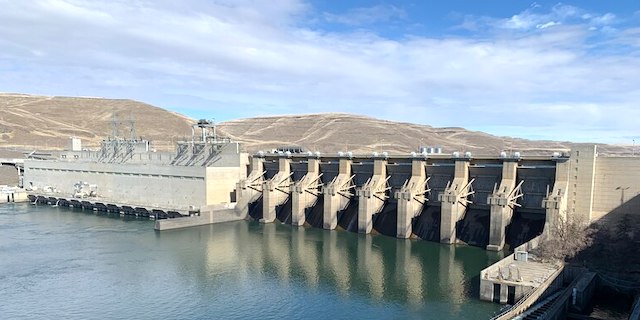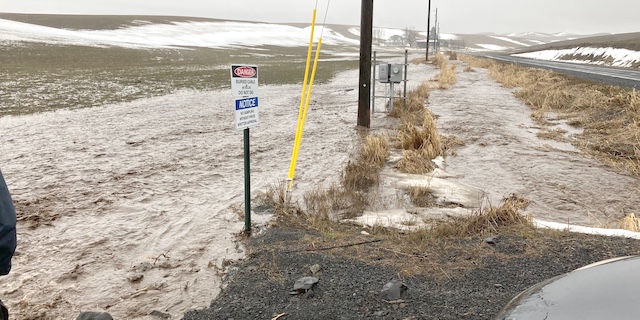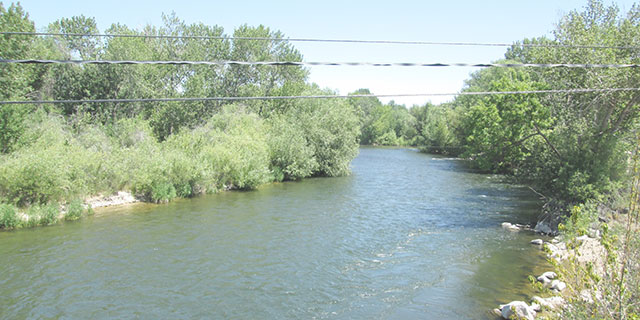UI hires forage agronomy specialist
Published 10:16 am Tuesday, May 20, 2025
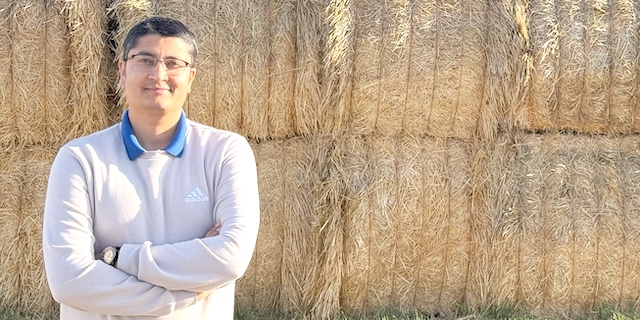
- Pramod Acharya has been hired by the University of Idaho as assistant professor and extension forage agronomy specialist. (Courtesy University of Idaho)
The University of Idaho has hired Pramod Acharya as assistant professor and extension forage agronomy specialist.
He will work on behalf of dairy, cattle and forage producers to advance “sustainable, resource-efficient, eco-friendly and economic” approaches to forage production, storage and use, according to a UI news release.
Acharya is based at UI’s Kimberly Research and Extension Center and also will be heavily involved in research at the Idaho Center for Food, Agriculture and the Environment under construction near Rupert.
Idaho CAFE will include the nation’s largest research dairy, where cow milking is slated to start by early 2026, according to the university.
Acharya’s research and extension interests include understanding productivity and nutritive values of annual and perennial forages, soil nutrient management, soil health, carbon management, and resource-efficient and climate-resilient forage production.
He was raised on a subsistence-scale farm in Nepal, where his family raised vegetables, grain and a few cattle.
“I was always interested in how one tiny seed would turn into a whole plant, feeding both people and livestock,” Acharya said in the release. “That magic stuck with me. Farming wasn’t just how we lived; it was what shaped how we saw the world.”
He earned a bachelor’s degree in agriculture in 2014 from Tribhuvan University in Lamjung, Nepal. He earned a master’s in biology in 2019 from Eastern New Mexico University and a doctorate in plant and environmental sciences in 2023 from New Mexico State University.
Acharya’s doctoral dissertation involved cover crop ecosystem impacts in silage corn and sorghum rotations. He found cover crops improved soil organic matter, nutrient cycling, soil water infiltration and retention, and subsequent silage yield — more than offsetting water and nutrients used.
While pursuing his master’s degree, he researched how cover cropping and dairy compost in crop production systems influenced soil health.
For UI, he plans to evaluate how varieties of perennial, non-bloating legumes establish and provide forage in southern Idaho compared to alfalfa, according to the release.
Acharya intends to study various blends of legumes, grass species and alfalfa to identify combinations that reduce cattle bloating while delivering proper nutrition.
Another potential project would evaluate the south-central Idaho climate’s suitability for raising cover crops as additional forage for grazing immediately after 95-day silage corn.
His wife, Manisha, is also an agricultural researcher.



